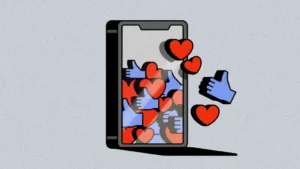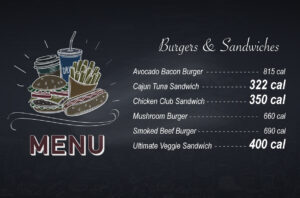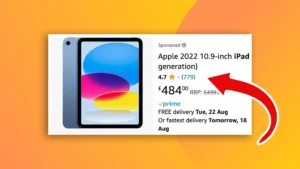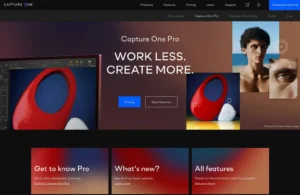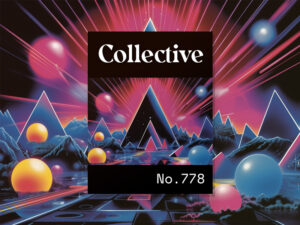Why brands are still trying to be funny and chronically online — even in ‘late stage social media’
At this point, social media has become so prevalent that most, if not all, brands have a social media presence and strategy. But as the landscape becomes pay to play, making organic reach less obtainable, brands’ push for engagement has seemingly led to a trend in social: The Funny Brand Voice.

